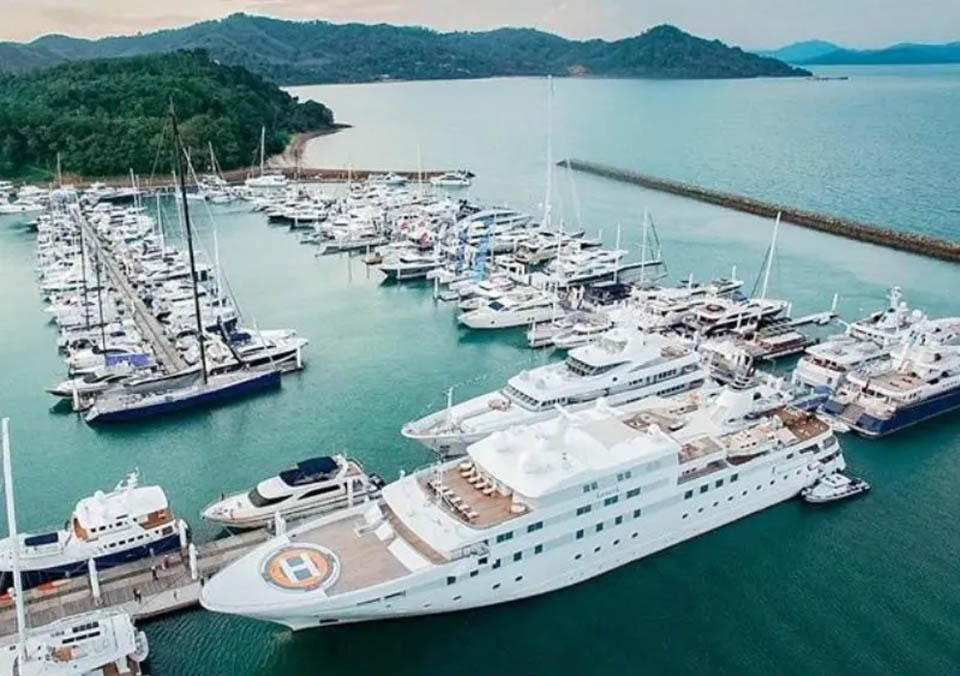
BANGKOK, Thailand – Deputy Transport Minister Monporn Charoensri announced on September 22 that the Department of Marine has revised the Transport Ministry’s regulations concerning large yachts and sports vessels to align with modern standards, boost revenue, and support Thailand’s aim to become a maritime tourism hub in Asia.
The update focuses on the rules governing permits for large yachts (super yachts) operated by foreign owners, in accordance with Section 47 of the Thai Vessel Act of 1938. The revisions aim to diversify Thailand’s tourism sector, establishing the country as a prime global destination for high-end tourists. This, in turn, is expected to generate significant income for the local economy, especially in coastal provinces like Phuket, which is already recognized as a World Maritime Destination Hub.
Key Updates:
-The size requirement for super yachts has been lowered from 30 meters to 24 meters, accommodating international standards. The passenger limit remains at a maximum of 12.
-Insurance policies must now provide coverage of at least 5 million USD (approximately 171 million THB) per incident, in line with international maritime insurance standards.
-Applications for operating permits can now be submitted electronically, with supporting documents accepted in both Thai and English. Approvals will be granted within 25 business days.
Economic Impact:
The approval of large yachts for commercial use in Thai waters will increase tourism potential, positioning Thailand as a “Marina Hub of Asia.” This move is expected to stimulate investment in related industries, including yacht docking, maintenance, and local services like hotels and restaurants. The initiative will also create jobs for local workers, such as captains, crew members, and boat technicians, while enhancing vocational knowledge in yacht maintenance and marine operations.
Additionally, the high spending of wealthy international tourists visiting via super yachts is projected to contribute significantly to the Thai economy, including increased VAT revenue for the government from tourist expenditures.
These efforts reflect the government’s strategic goals to promote marine tourism, attract affluent visitors, and boost the local economy. (TNA)








